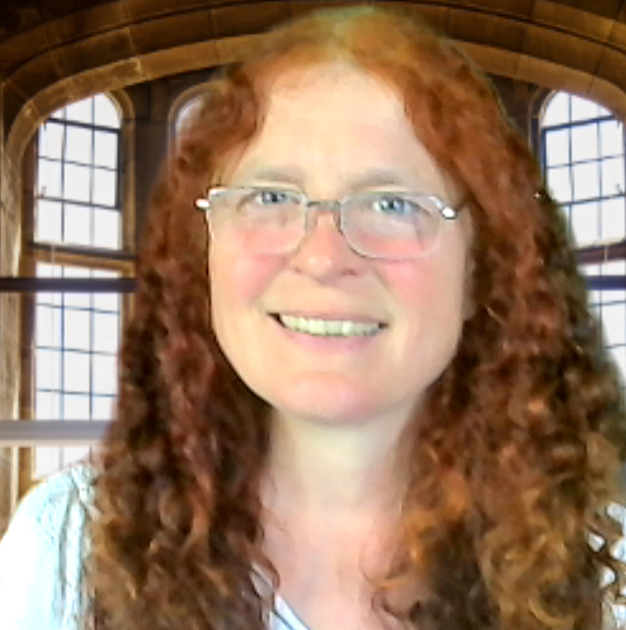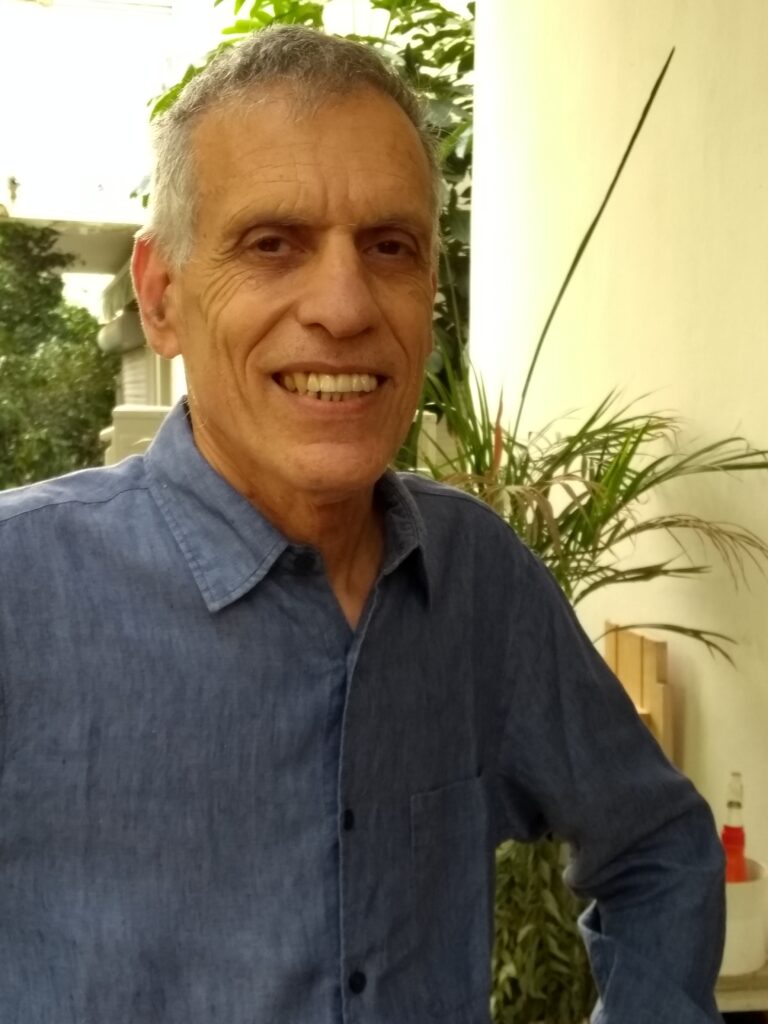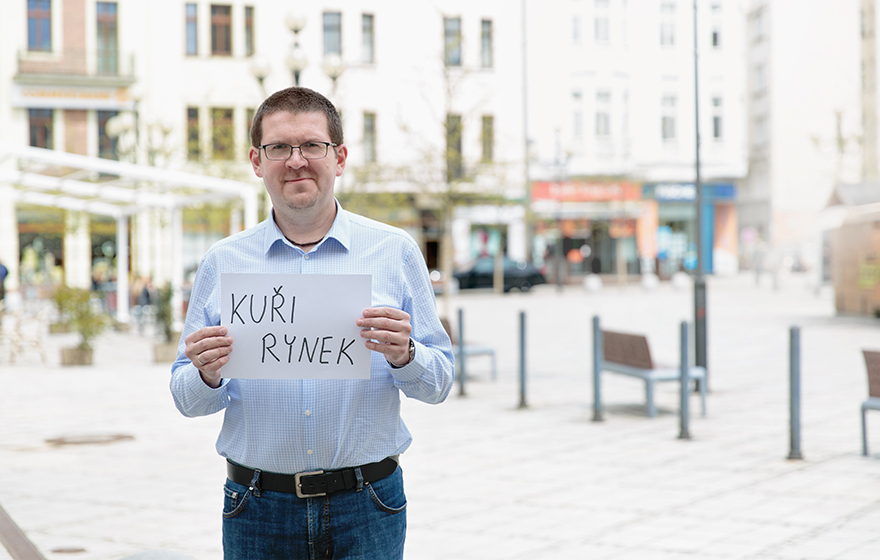ILANSCO 2026
ILANSCO 2026
ILANSCO2026
Interdisciplinary Perspectives on Landscapes in Language, Society, and Cognition
Emerging Landscapes: Languages and Landscapes in Conflict
16 -18 September 2026 | Prague, Czech Republic
Welcome to the official website of ILANSCO 2026, a conference dedicated to exploring the dynamic interplay between language, society, cognition, and landscapes. Following the successful inaugural ILANSCO 2024 in Zürich, ILANSCO2026 will focus on emerging landscapes, particularly landscapes as contested, transforming, and frontier spaces shaped by linguistic, cultural, political, and ecological forces. The conference will take place at the main building of the Czech Academy of Sciences.
For this year, we invite contributions addressing the theme, “Emerging Landscapes: Languages and Landscapes in Conflict.” Focus areas include, but are not limited to:
- Landscapes where perceptual tools are stretched to their limits (e.g., extreme environments, political upheavals, newly settled regions)
- Cases where research methods and theories struggle to capture complex experiences (e.g., divergence between linguistic descriptions and embodied knowledge)
- Landscapes as contested or contingent spaces shaped by linguistic, ethnic, political, and ecological claims
We welcome original, interdisciplinary submissions employing applied, theoretical, quantitative, qualitative, experimental, or computational approaches. Early-career researchers and ongoing or unpublished projects are especially encouraged.
Selected papers from ILANSCO 2026 will be considered for a joint publication following the conference.
You can view the full call for papers here.
Submit abstracts and register via our online form.
 |
Thora Tenbrink is Professor of Linguistics and Director of Postgraduate Research Studies at Bangor University. Her research explores how language reflects human thinking, with a focus on discourse analysis and communication. She is the author of Cognitive Discourse Analysis: An Introduction and Space, Time, and the Use of Language. Her current work examines how people relate to and describe places in the context of climate change. She leads the Places of Climate Change Research Centre (PloCC) and co-leads the WISERD network Place-based Approaches To Climate Change (PATCCh), collaborating widely across interdisciplinary and international projects. |
 |
Maoz Azaryahu is a cultural geographer whose research focuses on the relationships between history, memory, myth, landscape, and place. His work examines the politics of public commemoration, including street renaming during regime changes and its role in shaping urban space and political identity. He also studies memorial landscapes, place-making through myths and images, and the use of historical space as a narrative medium. He has published in Hebrew, English, and German on topics including commemorative street (re)naming, war memorials, military cemeteries, and the cultural history and mythography of cities such as Tel Aviv. |
 |
Jaroslav David is a linguist specializing in morphology, language development, onomastics, and the history and methodology of linguistics. He is the head of the Department of Czech Language at Ostrava University and has extensive experience in research, teaching, and supervising theses. His work focuses on proper names, toponyms, and corpus-based analyses of Czech language in historical, literary, and urban contexts. He has published widely in journals and books, including studies on Czech anthroponyms, toponyms, and the quantitative and qualitative analysis of texts in both academic and applied contexts. |
Abstracts max. 300 words (excluding title and references)
Include 3–5 keywords
Outline topic, data, methodology, and theoretical framework
Highlight interdisciplinary relevance
All submissions undergo anonymous peer review.
Presentations: 20 minutes + 10 minutes discussion.
Abstract submission deadline: 31 December 2025
Notification of acceptance: 28 February 2026
Registration deadline: 30 April 2026
Conference dates: 16–18 September 2026
Student registration: 75 EUR
Full registration: 150 EUR
The official language of the conference is English. Unless a sufficient number of abstracts are accepted to support sessions in other languages, the conference will be conducted entirely in English.

